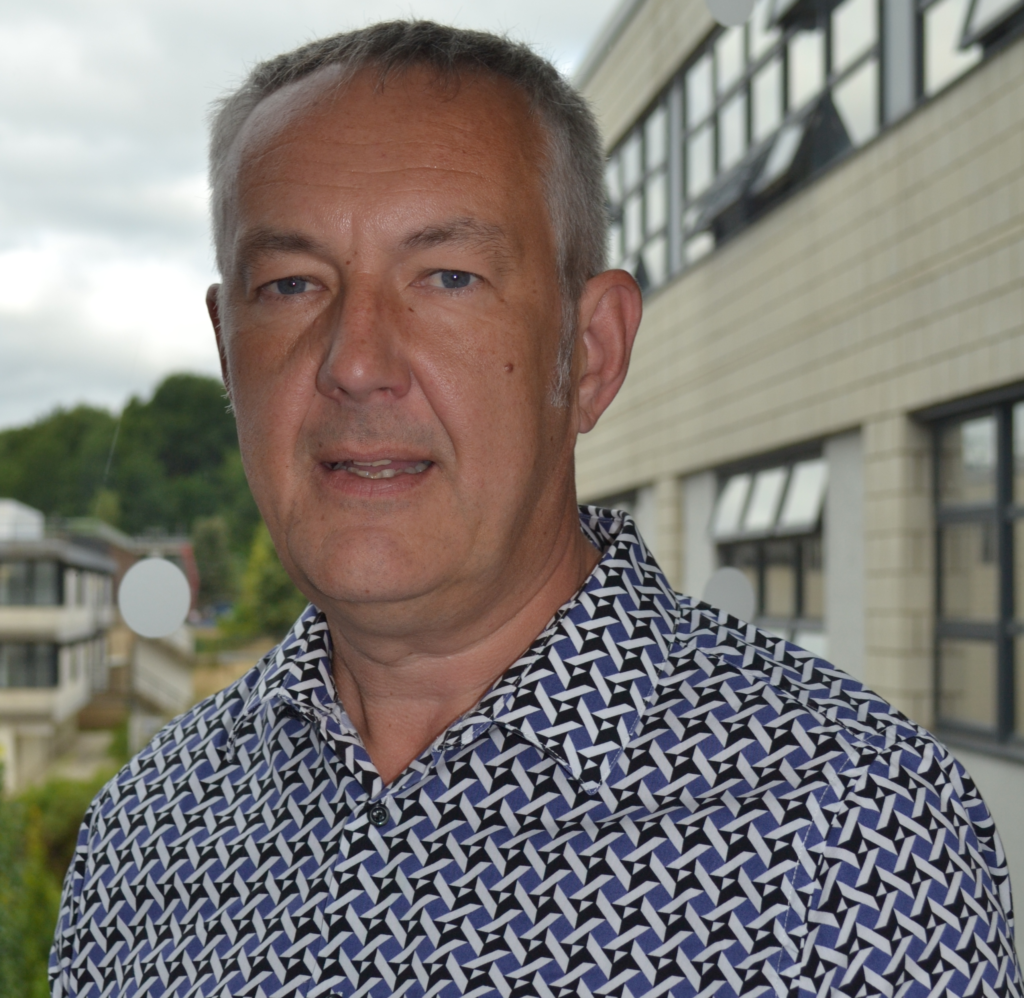The UK’s new licencing process for prescribing cannabis based medicines looks challenging for doctors and patients
 A new licencing procedure has been put in place that should allow “swift” access to medicinal cannabis products, according to the UK Home Office. Despite years of campaigning by various groups, it was the high profile cases of Billy Caldwell, 12, and Alfie Dingley, 6, and the pleas of their mothers to have cannabis to control their epileptic seizures, that prompted the Home Office into action.
A new licencing procedure has been put in place that should allow “swift” access to medicinal cannabis products, according to the UK Home Office. Despite years of campaigning by various groups, it was the high profile cases of Billy Caldwell, 12, and Alfie Dingley, 6, and the pleas of their mothers to have cannabis to control their epileptic seizures, that prompted the Home Office into action.
In parallel, Sajid Javid, the UK home secretary, has also accepted the recommendation of Professor Dame Sally Davies, the chief medical officer, to reschedule cannabis on the basis that there is evidence of benefits to health. He has asked his scientific advisers, the Advisory Council on the Misuse of Drugs (ACMD), to review this recommendation and any potential for harm. This move should ensure that government policy on medicinal cannabis is evidence informed, but the devil is in the detail.
The new licencing procedure places doctors at the centre of the process, and makes clear that any doctor supporting such an application will take full responsibility for the risk and liability of the cannabis product used to treat their patient’s condition. The doctor is also expected to have exhausted all other treatment options before supporting the individual’s application to use cannabis. This will surely make many doctors think twice about supporting any application for a licence.
It is unlikely that most doctors will be familiar with the evidence in relation to cannabis and, even if they are, they will be acutely aware this is an emerging area of research, which so far has few high quality trials they can call on to support a decision one way or another.
Australian doctors have been put in almost exactly this position since a scheme was introduced there that allows them to apply to become authorised prescribers of cannabis products or to apply on behalf of a patient who thinks they have a health need that cannabis could help with. Yet despite the creation of a pathway that should provide patients with access, a recent survey suggests that the majority of Australian GPs lack knowledge about medicinal cannabis, meaning they are uncomfortable discussing this as a treatment option with their patients.
In the UK, doctors will also need to be prepared to manage the expectations of some patients who will have had their hopes raised by the promise of “swift” access to cannabis products. Expectations have also been fuelled by some farfetched claims about the health problems that cannabis can cure or treat, ranging from curing cancer to easing depression. Many of these claims have not been tested by high quality investigation or are based on small samples for specific health problems. Large scale trials are needed to provide evidence, but without funding for these we are left with personal stories and small scale studies.
Paradoxically, the Home Office now wants evidence to inform its new policy position on the medicinal benefit of cannabis, despite having made any such research difficult by having classified cannabis as a schedule 1 drug, which labelled it as having no medical benefit. This will surely have put off potential researchers who may have wanted to explore the medicinal potential of the drug, as well as potential funders.
But the problems don’t stop with the licence application. Once this application is made, it is an expert panel who will make a recommendation to the home secretary as to whether an individual patient should be granted access to a cannabis product or not. This panel will be chaired by Dr Michael McBride, the chief medical officer for Northern Ireland, who will be joined by seven others who are all either academics or clinicians—but noticeably no patient representative. There is a compelling case for including a patient representative, such as the United Patients Alliance, as organisations such as this have direct experience of navigating complex bureaucratic hurdles and negotiating the health system so that they can access optimal care.
This omission is perhaps a sign of the department managing this process, and where their priorities and experience lay. Health is not the primary concern of the Home Office, but it is for the Department of Health and Social Care. The health department is familiar with the concept and importance of including patient expertise. It is also familiar with medicine and knows how to assess evidence, whereas the whole culture and purpose of the Home Office is to restrict access to drugs.
Three things need to happen now to improve the process outlined by the government:
- The home secretary should immediately hand over the process to the health secretary and his department, which has the experience and brief to manage policy on health.
- A patient advocacy group should be invited to join the expert panel.
- Health professionals should be provided with training so that they have the knowledge and confidence to support patients in making a decision about whether they should use cannabis for their health condition.
So far the licencing process looks challenging for doctors and patients. For the many people who believe that cannabis is the answer to their health problems, the reality of this new system looks likely to fall far short of what they were hoping for.
Ian Hamilton is an academic at the University of York with an interest in addiction and mental health. He previously worked as a mental health nurse with people who had combined mental health and substance use problems. Twitter @ian_hamilton_
Competing interests: I am affiliated with Alcohol Research UK.
